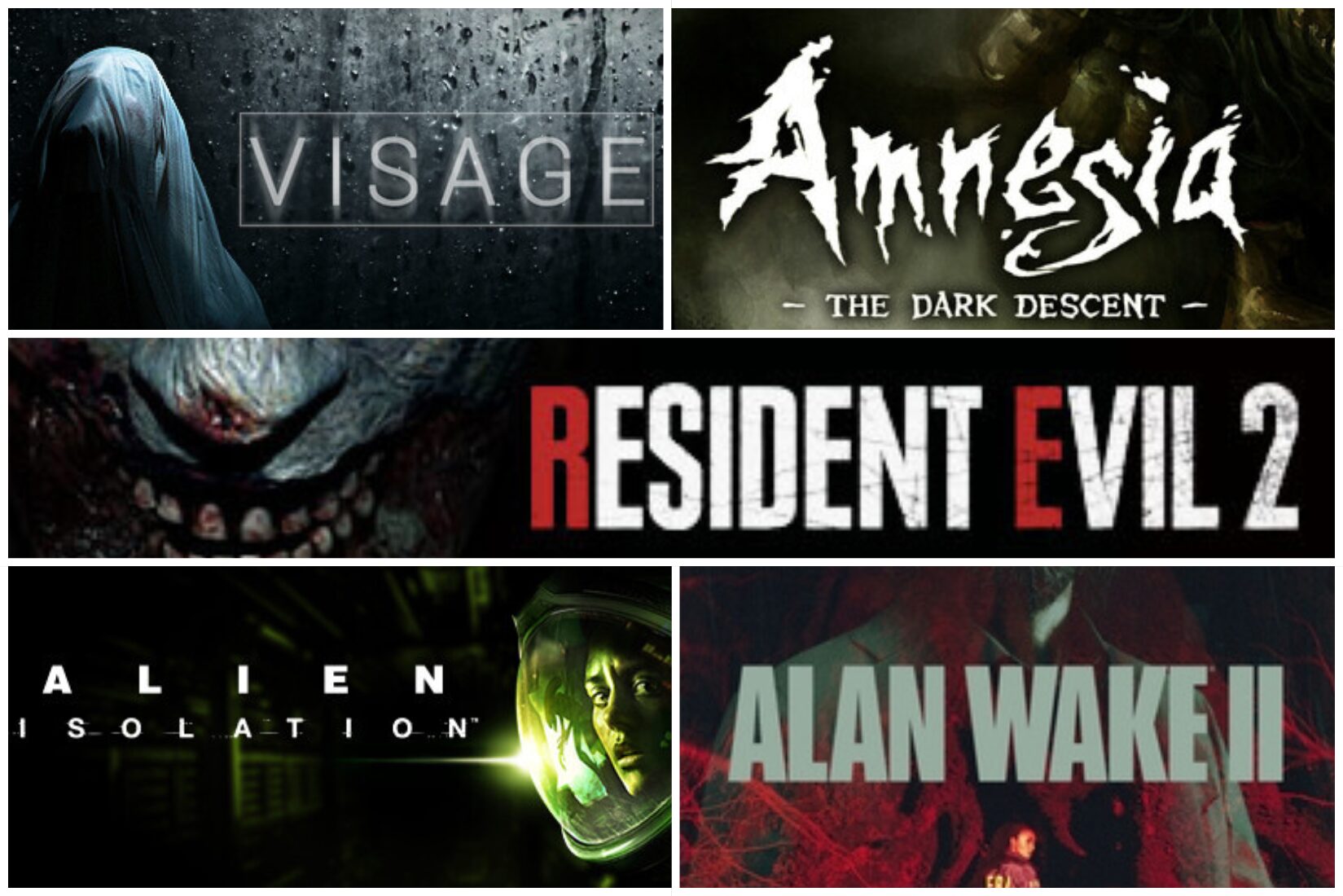Even as we move through 2025, the landscape of PC horror remains defined by a handful of enduring titles celebrated for their immersion, tension, and narrative sophistication. This analysis revisits the Top 5 PC Horror Games of 2025: Alan Wake 2, Alien: Isolation, Amnesia: The Dark Descent, Resident Evil 2 (remake), and Visage. For each, we assign a star rating (out of 5.0), outline distinguishing features, and offer critical examination of game mechanics alongside documented player responses.
Summary
Top 5 PC Horror Games of 2025 : Resident Evil 2
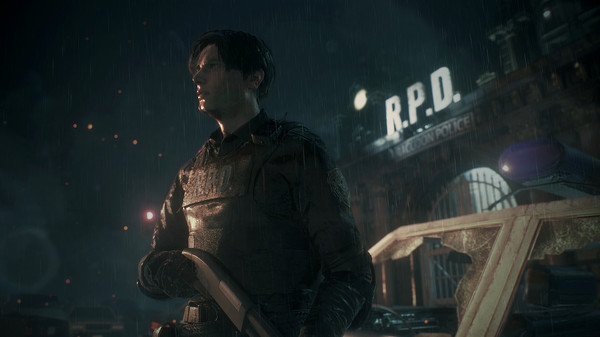
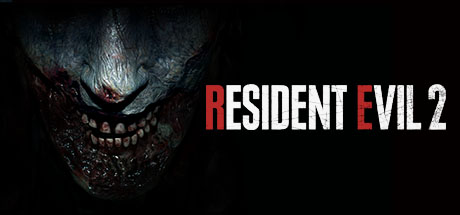
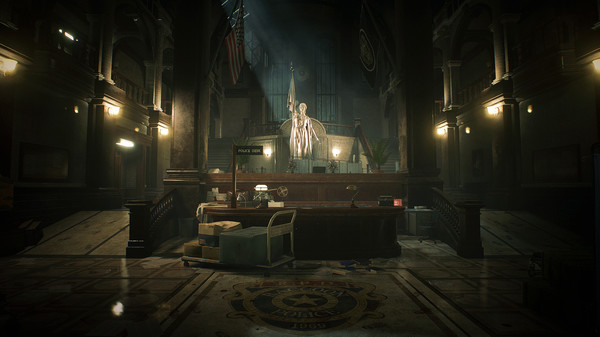
⭐ Rating: 4.7/5
Game Features
The remake modernizes genre fundamentals with a refined third-person perspective, improved combat, resource scarcity, engaging puzzles, and fidelity to the series’ horror roots.
Game Insight and Playability
Substantial updates to controls, environmental detail, and game flow preserve the original’s survival horror while improving accessibility. Challenge modes maintain tension through resource limitations.
Player Feedback
The remake is lauded for atmospheric intensity and high visual quality. While multiple playthroughs may diminish novelty for some players, the consensus recognizes Resident Evil 2 as essential to the genre’s contemporary canon.
Top 5 PC Horror Games of 2025 : Alien: Isolation
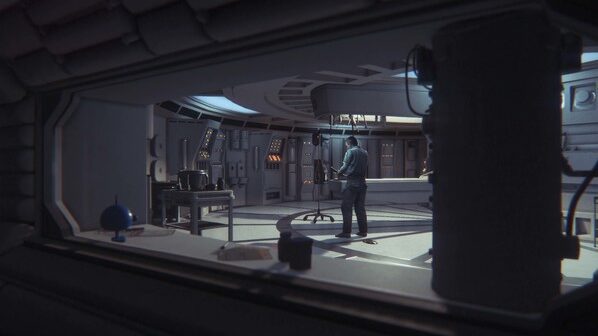
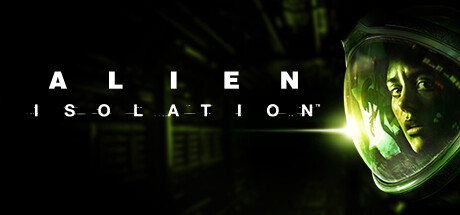

⭐ Rating: 4.5/5
Game Features
This first-person survival horror emphasizes stealth, resource limitation, and dynamic enemy AI in the form of the Xenomorph. Toolkits such as the motion tracker, environmental navigation, and hiding options reinforce its tense gameplay, while meticulously designed audio cues further intensify suspense.
Game Insight and Playability
The adaptive AI shifts play almost entirely towards stealth-driven engagement—players advance slowly and thoughtfully, which serves immersion at the potential expense of momentum. Prolonged stealth passages or extended corridor segments may lead to frustration for some.
Player Feedback
Users consistently highlight the palpable sense of dread and masterful design, with the Xenomorph’s unpredictability cited as a central strength. Criticism centers on the repetitiveness of certain sequences and sporadic performance issues.
Alan Wake 2
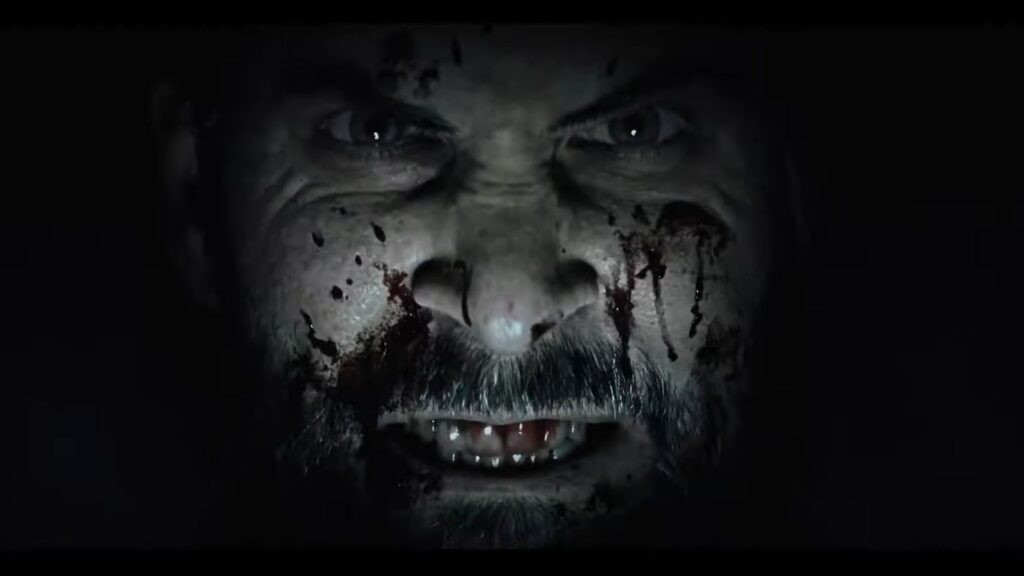

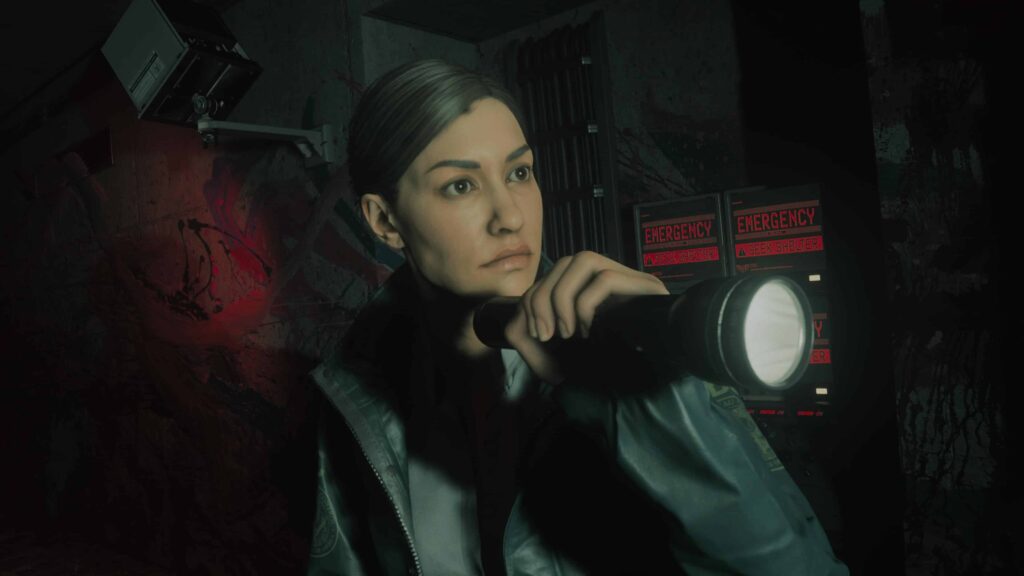
⭐ Rating: 4.3/5
Game Features
Alan Wake 2 delivers a narrative-centric survival horror experience, distinguished by its dual protagonists (Alan Wake and Saga Anderson), exploration across supernatural dimensions, and complex systems such as the “investigation board” and light-versus-dark game mechanics.
Game Insight and Playability
The title interweaves elements of supernatural horror with investigative mechanics, resulting in intermittent pacing fluctuation. While combat is competent—albeit not remarkable—Alan Wake 2 has drawn critical acclaim for its atmospheric narrative depth, though its steep hardware requirements and occasional narrative stagnation remain points of contention.
Player Feedback
The community frequently commends the game’s visual caliber and story intrigue, yet some note dissatisfaction with dependence on jump scares and the sometimes labyrinthine investigative systems. Performance concerns, especially in relation to high graphical demand, are also prevalent.
Amnesia: The Dark Descent
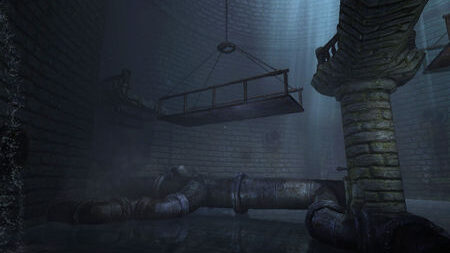
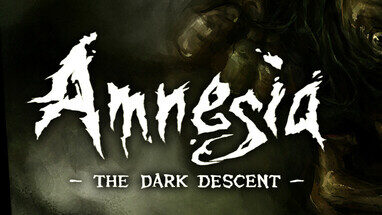

⭐ Rating: 4.2/5
Game Features
Employing a first-person perspective, Amnesia centers on environmental exploration, a sanity system (where exposure to darkness and disturbing phenomena degrades mental stability), and object-based puzzle solving.
Game Insight and Playability
The experience pivots on deprivation—players are denied both weapons and clarity, enhancing vulnerability. While the visual presentation shows age, especially by contemporary standards, the fundamental design principles continue to be highly effective.
Player Feedback
Frequently cited as foundational to psychological horror in gaming, Amnesia’s fear mechanics enjoy enduring praise. However, its dated graphics, occasionally awkward physics, and puzzle repetition are recurring points of criticism.
Visage

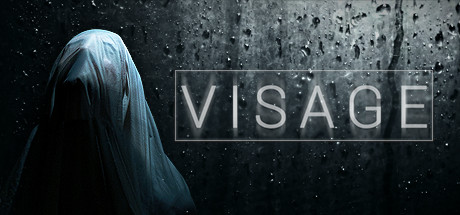

—Picture source from internet—
⭐ Rating: 4.1/5
Game Features
Visage positions players within a surreal, ever-shifting haunted house, employing a first-person perspective to enhance psychological horror. The experience places significant emphasis on atmospheric tension rather than relying on frequent jump scares. Through careful sound design, limited inventory space, and intricate puzzles, the game cultivates a persistent sense of unease, utilizing the environment as a tool for psychological impact.
Game Insight and Playability
The game’s design punishes hasty exploration and requires deliberate, patient progression. Its intentionally cumbersome controls and inventory-handling mechanics reinforce the player’s vulnerability, aligning with the broader thematic focus on disempowerment. While this contributes to immersion for some, others perceive these elements as tedious or frustrating.
Player Feedback
Many players commend Visage for its haunting atmosphere and its capacity to evoke psychological discomfort. Common criticisms include the awkward inventory system, ambiguous objectives, and confusing navigation due to the labyrinthine layout of the house.
Conclusion
Collectively, these five horror titles exemplify the most compelling and enduring experiences available to PC gamers. Each game employs distinct mechanics and atmospheres to deliver fear, collectively establishing a standard to which PC horror titles in 2025 aspire.

